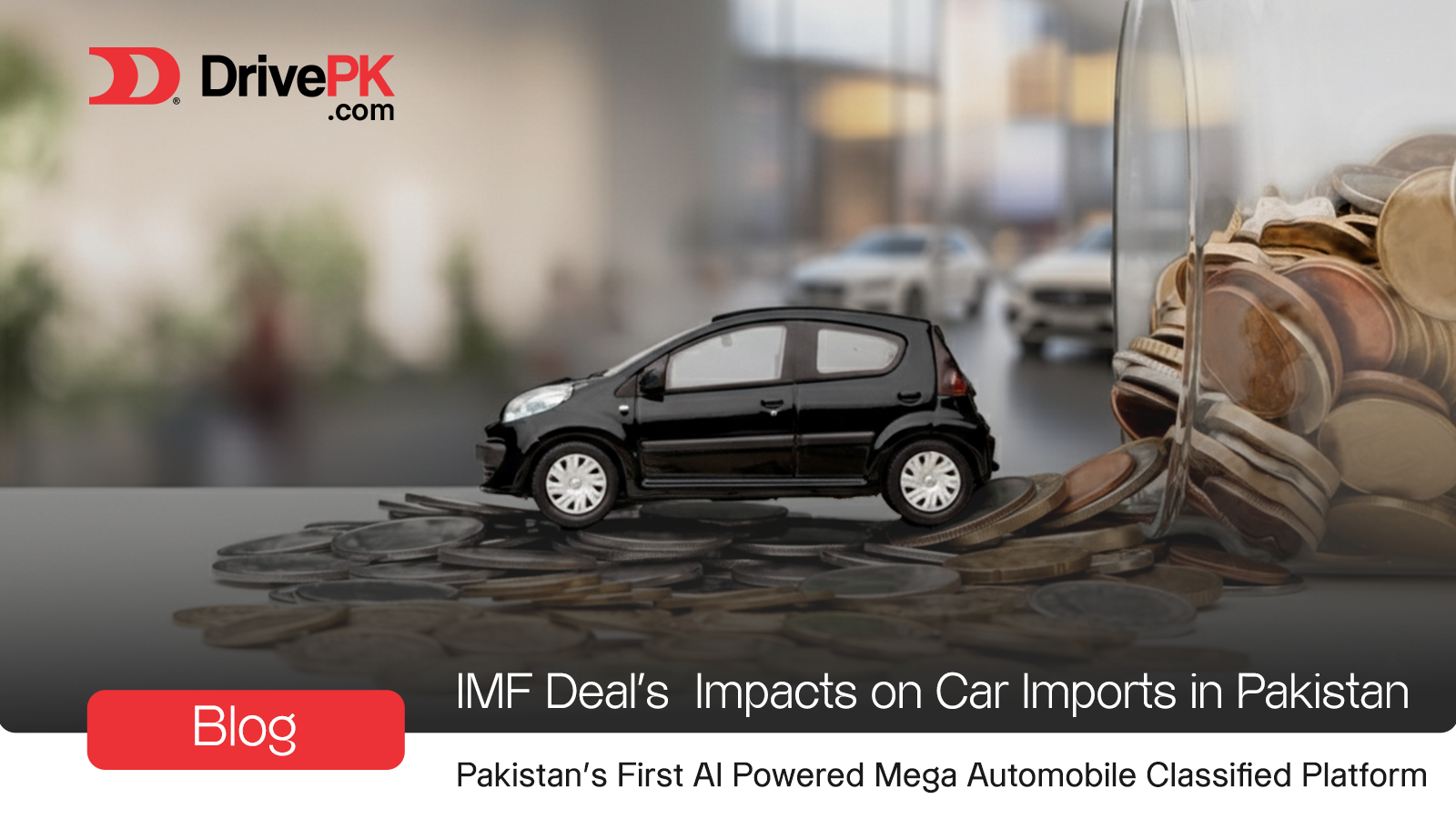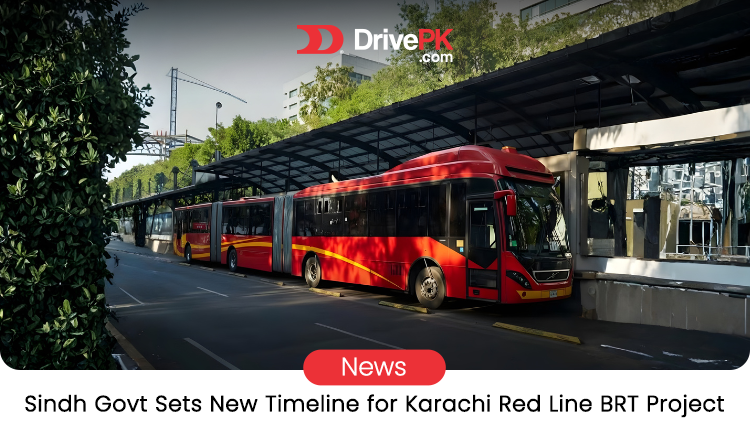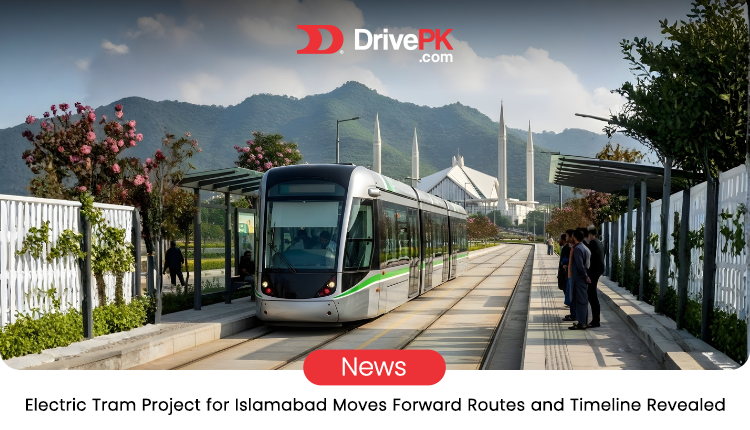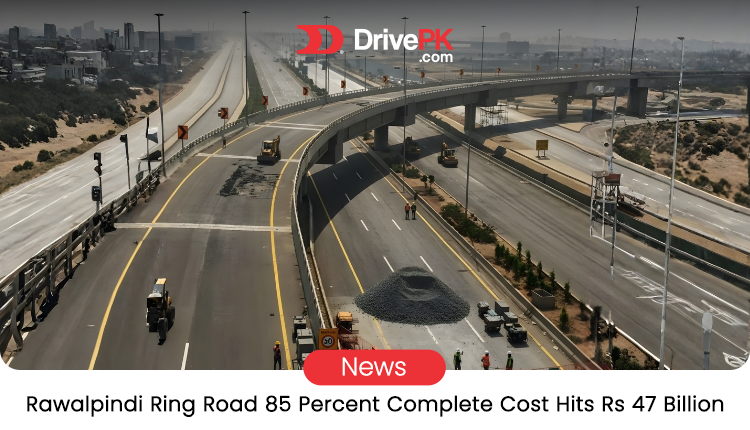IMF Deal's Impacts on Car Imports in Pakistan
Pakistan’s IMF deal brings big auto market changes. The government is ending the Gift and Baggage Schemes by October 2025 and tightening Transfer of Residence (TOR) rules. Expect higher tariffs on used cars and stricter checks on imports

Table of Contents
- Two Schemes Gone by October 2025
- TOR Stays, But It's No Walk in the Park
- The Bigger Picture: Reforms That Hit Home
Ever dreamed of bringing home that sleek ride from Dubai without the usual hassle? Thousands of overseas Pakistanis do it every year through special import schemes. But hold on, the rules are shifting fast. Pakistan and the IMF just wrapped up talks that spell the end for two popular loopholes, all to clean up the system and plug revenue leaks. Here's the breakdown, plain and simple.
Two Schemes Gone by October 2025
The Baggage Scheme and Gift Scheme? They're history. These let folks import cars tax-free or at low rates, often via third spots like the UAE. Sounds handy, right? But they've been wide open to abuse – fake claims, middlemen cashing in, and billions slipping through customs cracks.
The IMF pushed hard on this during its latest review under the $7 billion bailout. By month's end, expect the Economic Coordination Committee to rubber-stamp the shutdown. No more easy baggage imports or gifting cars to skip duties. If you're mid-process, wrap it up quick; the clock's ticking.
TOR Stays, But It's No Walk in the Park
Good news for returnees: The Transfer of Residence (TOR) scheme lives on. It lets overseas Pakistanis ship a personal vehicle when heading back for good. But tougher checks are coming. Think stricter proof of residency abroad, like a 700-day minimum stay overseas for eligibility. And commercial imports of up to five-year-old used cars? They'll face a 40% extra tariff starting in September.
Why the squeeze? To ensure that only genuine users benefit, not flippers. It cuts misuse and brings in more cash for the economy. Pakistan's eyeing that $400 million IMF tranche soon.
The Bigger Picture: Reforms That Hit Home
This isn't just about cars. It's part of Pakistan's push to fix its books amid the IMF program. Talks wrapped on October 8 in Islamabad, covering everything from tariffs to anti-corruption tweaks. The auto market's already buzzing imports make up 15% of sales, and these changes could shift gears toward local assembly.
For buyers and sellers, it means clearer paths but fewer shortcuts. Overseas folks might pay more upfront, but expect fairer deals down the line. And hey, it could boost trust in the whole import game.
Tags
Share this article
About the Author
Najeeb Khan
Automotive enthusiast and writer
Comments (0)
Login Required
You need to be logged in to comment on this article.
No comments yet. Be the first to share your thoughts!
Related Articles

Karachi Red Line BRT Project Update 2026: Sharjeel Inam Memon Shares Timeline and Challenges
Sharjeel Inam Memon updated on the Red Line BRT in Karachi. The project could need another 18 months to complete after facing big challenges. Side roads will be ready before Eid. Key work on University Road finishes soon. Efforts continue to clear bus import hurdles

Islamabad Electric Tram Service 2026: CDA Starts Feasibility Study for New Routes
Capital Development Authority has begun work on an electric tram service in Islamabad. The move follows direct orders from the federal interior minister. The feasibility study must finish in three months. Routes planned from Islamabad Airport and Rawat to Lake View Park. The system will be fully cashless.

Thalian Interchange Work Starts Next Week on Rawalpindi Ring Road, Cost Now Rs 47 Billion
Work on the Rs 5 billion Thalian Interchange of the Rawalpindi Ring Road starts next week. The divisional administration will acquire 358 extra kanals near the motorway, raising the total project cost to Rs 47 billion. More than 85% of the road is already finished. Bookings for toll and e-tags are expected to follow the Lahore model at Rs 80 per vehicle.